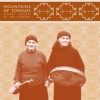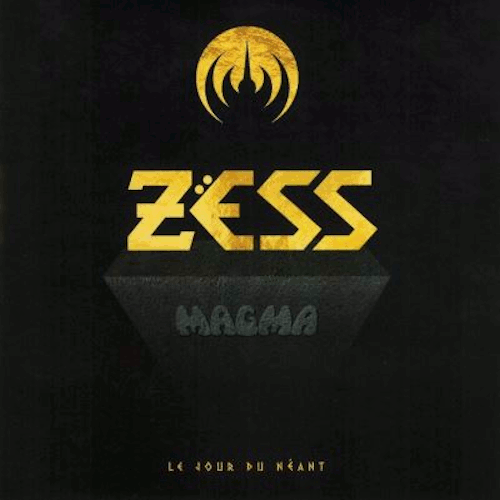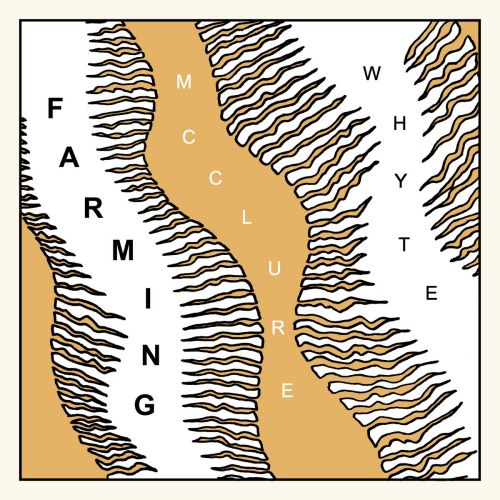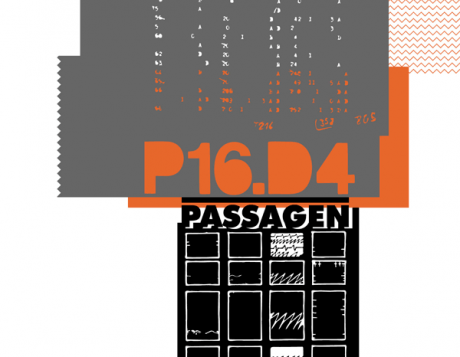 This music is presented to the world via the extremely productive LM Duplication label, the LM standing for ‘Living Music’, which couldn’t be a more appropriate association for the music recorded here. Life is full of grit and dirt, no matter how much we in the west try and get away from and sanitise it. Some of this mess is captured on the album with tracks fading in and out only after a few seconds. Other tracks contain brief talking or a knock of the microphone, but all this only adds to the listener’s journey and reminds us of its living content, for it’s important to note that these recordings aren’t some obscure Alan Lomax recording made in the now unobtainable golden era of folk-field recordings in the 1960s, but were made during June 2012 -2013.
This music is presented to the world via the extremely productive LM Duplication label, the LM standing for ‘Living Music’, which couldn’t be a more appropriate association for the music recorded here. Life is full of grit and dirt, no matter how much we in the west try and get away from and sanitise it. Some of this mess is captured on the album with tracks fading in and out only after a few seconds. Other tracks contain brief talking or a knock of the microphone, but all this only adds to the listener’s journey and reminds us of its living content, for it’s important to note that these recordings aren’t some obscure Alan Lomax recording made in the now unobtainable golden era of folk-field recordings in the 1960s, but were made during June 2012 -2013.
Many of the countries in the region are fighting for recognition. Some of the languages and dialects on this record are captured for the first time and are close to extinction, which makes me think of a comment by the holy demi-god of ethnomusicologists, Alan Lomax: “You can’t kill off a culture until you kill the last person who carries it.”
Thankfully the Sayat Nova Project has seen to preserve at least some of this culture. Stefan Williamson Fa approached me to create a logo for their project back in December 2012. Looking though their blog for inspiration, which now seems to have morphed into their Facebook page, the video that most struck me was a performance by Ashig Garib. Seeing this old man singing his heart out in the mountains of his homeland almost brought me to tears of joy. The expression and love bursting out of him like a fountain, while his vocal delivery is marked with a lifetime of experience, inspired me to attempt to recreate his presence in pen. Now listening to the LP and comparing the audio on the original video is a testament to John Dieterrich’s (Deerhoof) mastering skills.
The track “Musa” is executed on a balalaika and has a speed and sound that you would associate with computerised accuracy. At a brief one minute and twenty seconds, it almost flies in and out of your ears at the same speed that it’s played at. Tracks such as “Anchiskhati” and “Pankisi Ensemble” give you a flavour of the distinct beauty of the music these ethnomusicologists unearthed. “Anchiskhati” is a marvel of the human voice that reminds me of a Lomax recording of Italian sailors, with these crazy tumbling yodels sung simultaneously while lyrics and drones are sung over the top in powerful bursts.Some of the instruments played here are extremely rare, so rare that there are only two of them created in the whole world. It’s a beautiful thing that an individual out in the sticks needing to express themselves won’t be stopped in their tracks because of a lack of a local music shop. The power comes from within. Mountains of Tongues gives the listener an opportunity to take a bite out of what might be one of the last glimpses of real Caucasus culture. Fa and Wheeler might well have unearthed these cultural gems before monoculture takes over and brainwashes the Caucasus. Let’s hope the people can keep the bland at bay.
-Harry Wheeler-
Mountains of Tongues launches at Café Oto in London on 17 January 2014.



